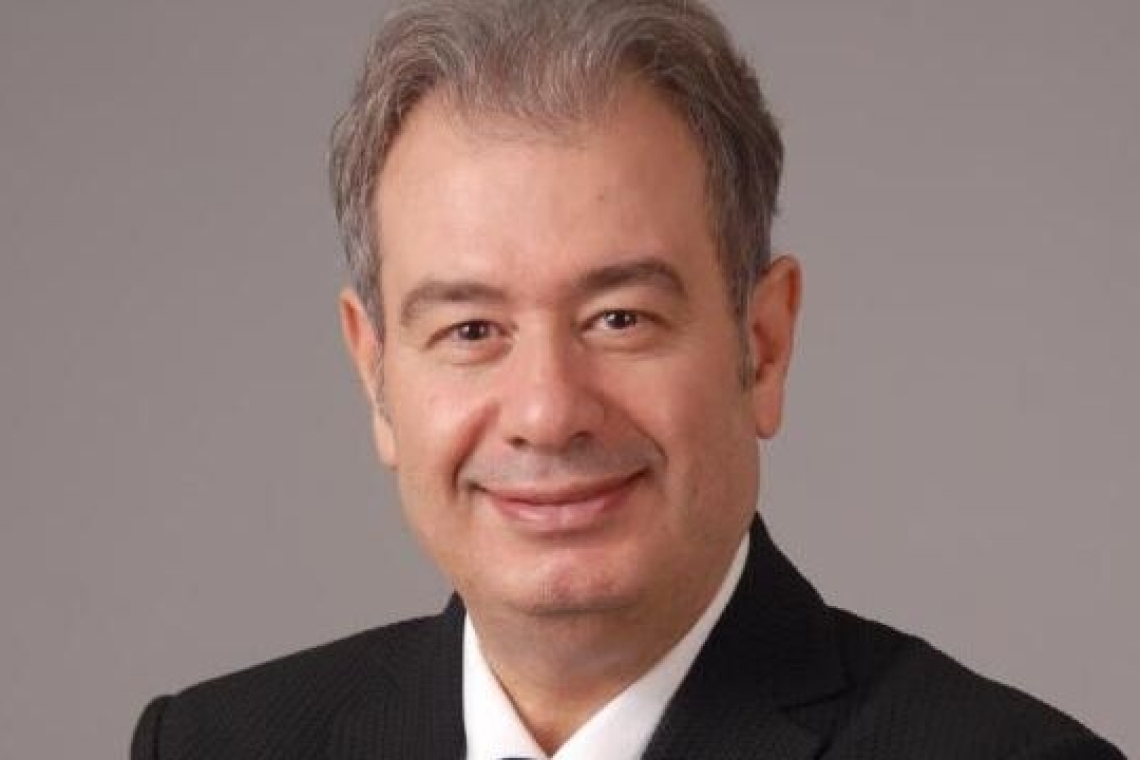Deniz Tekin
Prof. Dr. Cenap Ekinci, a physician and academic detained for 35 days over social media posts about Syria, was acquitted and released on Jan. 7 by a High Criminal Court in Diyarbakır, southeastern Turkey. Charged with "conducting propaganda for a terrorist organization," he had faced a potential sentence of up to 7.5 years in prison.
Speaking after the decision, Ekinci condemned his treatment, saying, "As a doctor advocating for peace and serving my region for decades, being brought to court in handcuffs is a great shame."
Trial proceedings and defense statements
Ekinci, a faculty member at Dicle University, was detained on Dec. 3, 2024, based on his social media posts, which prosecutors alleged glorified the YPG/PYD, an offshoot of the outlawed PKK. He was held in Diyarbakır’s High-Security Prison until the trial, which began at the Diyarbakır 5th High Criminal Court. The hearing was attended by his lawyers, family members, journalists, and representatives from local bar associations, including the Diyarbakır and Urfa Bar Human Rights Centers.
During the proceedings, the court limited Ekinci's legal representation to three lawyers, citing regulations for organized crime cases. This restriction was contested by his legal team but ultimately upheld.
Ekinci denied all accusations, stating:
"I have served the public for 30 years. There is no evidence of propaganda in my posts. Being detained without any risk of tampering with evidence is an act of societal shaming. My freedom of expression has been targeted, and I reject this suppression."
Prosecutors argued for Ekinci's conviction and continued detention, claiming his posts constituted “continuous terrorist propaganda.” In his final statement, Ekinci reiterated, "I absolutely did not engage in propaganda. I demand acquittal and justice." His lawyers emphasized that the posts neither incited violence nor glorified terrorism, framing them as expressions of freedom of speech.
Verdict and rationale
The court ruled that the legal elements of the alleged crime were not present, acquitting Ekinci and ordering his immediate release. The decision was met with relief by his supporters, who had criticized the charges as an infringement on freedom of expression.
Background on the case
The investigation against Ekinci stemmed from his social media posts about the Kurdish issue, the appointment of state trustees to replace elected mayors in Kurdish-majority municipalities, and events in Syria. Prosecutors alleged that these posts implicitly supported the YPG/PYD by portraying them as defenders of civilians and advocating for a potential state structure linked to the organization.
The case drew significant attention from human rights groups and media organizations, who viewed it as part of a broader crackdown on dissent in Turkey. The country has faced criticism from international rights organizations for its limitations on freedom of expression and increasing arrests of academics, journalists, and activists in recent years.



